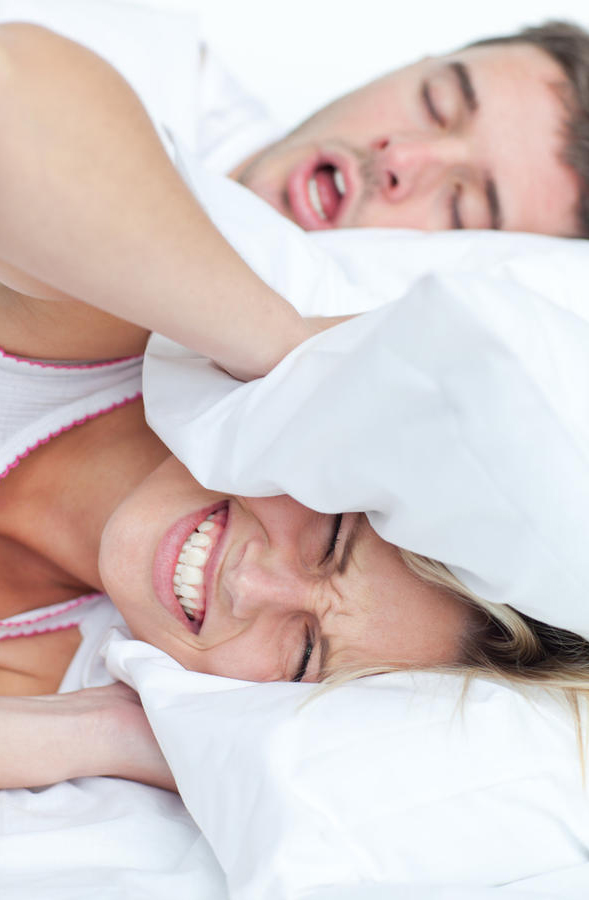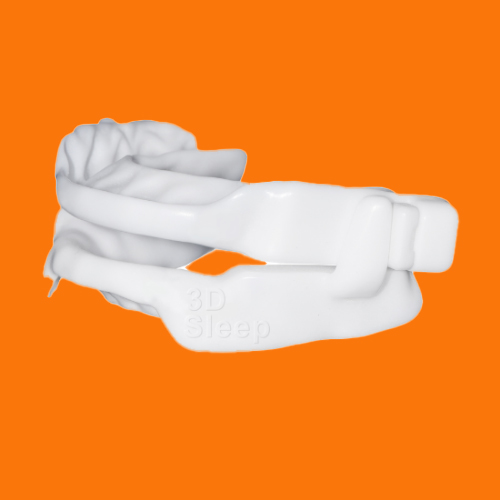Snoring & Sleep Apnea
Snoring and sleep apnea are common sleep disorders that can significantly impact your quality of life and overall health. While snoring may seem harmless, it can be a sign of obstructive sleep apnea (OSA), a more serious condition where breathing repeatedly stops and starts during sleep. Fortunately, dentists can play a crucial role in diagnosing and treating these conditions, offering effective solutions to improve sleep and well-being.

What is snoring & Sleep Apnea?
- Snoring occurs when the airflow through the mouth and nose is partially obstructed during sleep, causing the tissues in the throat to vibrate. While often benign, loud and persistent snoring can indicate OSA.
- Sleep Apnea is characterized by repeated pauses in breathing during sleep. The most common type, obstructive sleep apnea, occurs when the muscles in the throat relax excessively, leading to blocked airways. This can result in disrupted sleep, excessive daytime fatigue, and increased risk of serious health issues like heart disease, stroke, and hypertension.
Treatment for Snoring & Sleep Apnea
- Oral Appliances: Custom-made oral appliances, also known as mandibular advancement devices, are worn during sleep to keep the airway open. These devices work by gently repositioning the lower jaw and tongue to prevent airway obstruction. These devices can be provided by your Dentist.
- Continuous Positive Airway Pressure (CPAP): For more severe cases of sleep apnea, a CPAP machine may be recommended. While this device is often prescribed by a sleep specialist, some dentists collaborate in providing CPAP alternatives or combination therapies.
- Surgical Options: In some cases, dental surgery might be considered to remove excess tissue from the throat or to correct jaw alignment issues that contribute to airway obstruction.

*Please note: Patients must have a sleep study completed, with a clinical diagnosis from a sleep physician or sleep technician before we can provide them with a sleep appliance.
